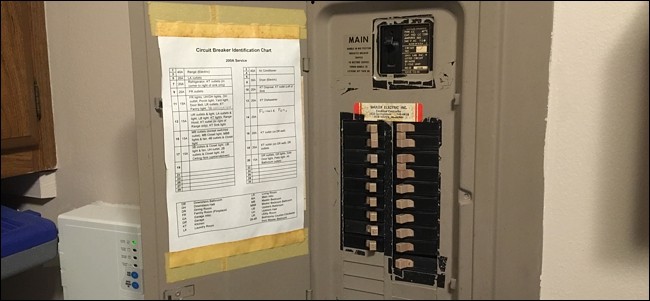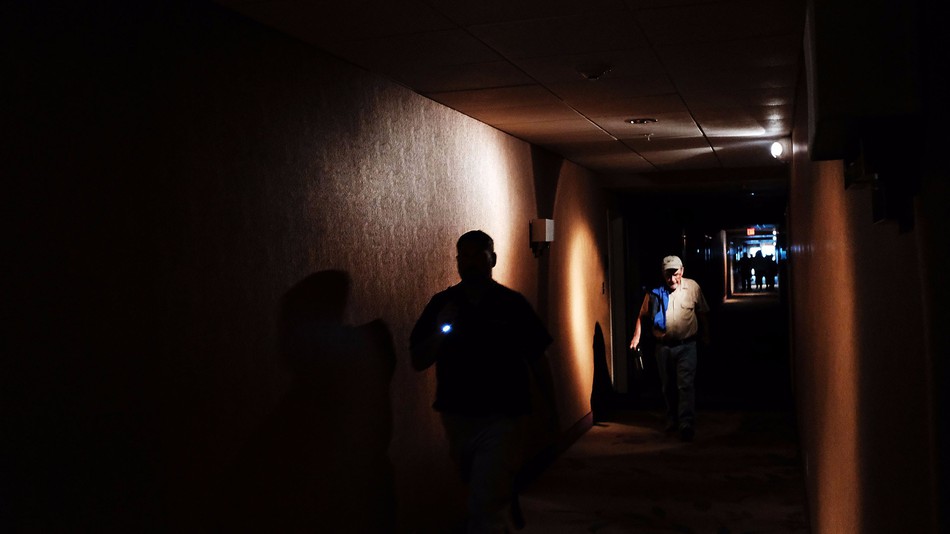
First the lights flicker a few times, and then they go out completely. Or sometimes they just go out without warning, leaving you scrambling for your flashlights and candles. Power outages are a fact of modern life, but they’re also a reminder of just how dependent we are on electricity. For all the infrastructure problems America has, we generally have reliable electricity available to pretty much anyone who can pay their utility bills. It’s not a luxury like it is in other places. We’re so used to having it that it’s hard to adjust to not having it.
The causes behind outages

Irma causes one of the largest natural disaster power outages in U.S. history
The big cause for outages is weather. Different parts of the country have to deal with their own unique natural disasters. If you’re living in Tennessee, you’ll probably have the power knocked out by a thunderstorm in spring or summer. Thunderstorms are way less common in the western third of the United States, but excessive snow can certainly cause a strain on local power lines. If you’re in New Jersey, anything from an August hurricane to a January snowstorm can cause you to lose power. With a loss of power comes a loss of heat that’s especially devastating in the middle of winter. It’s no picnic in the summertime, either. You can overheat if the power’s out for too long in July, and you can develop hypothermia if you’re stuck in a cold house with no power in January.
It only takes one tree falling over and downing a power line for the whole neighborhood to go black. Power outages that hit entire cities do happen sometimes, but it’s far more common for outages to be scattered throughout your city and county. A neighborhood with more trees will probably be worse off than a neighborhood that’s relatively free of greenery.
Preparing yourself

Power Outages and Your Smart Home (It’s Not as Bad as You Think)
It’s tempting to not make any preparations for power outages because you think that they can’t happen if you don’t acknowledge it. That’s not a powerful argument (pardon the pun). You at least need to keep a supply of high-powered flashlights somewhere in your house that’s easy to access in the dark. You may be able to use your smartphone’s flashlight to get around in those first frantic moments after the lights go out, but don’t count on using your smartphone for the duration of the outage. Maybe you’ll get lucky and it will only last a few minutes, but it could also last hours. The latter is more likely in case of a major weather event like a windstorm. The windiest day in 100 years means that when the lights go out, they may not be coming back for a while. Utility companies will do all they can to get the power grid back up as soon as possible. They’ll bring in utility workers from across the country, and they may even hire private electrical contractors to do some work.

How to Prepare for an Eventual Power Outage
Some people swear by generators. If you’re interested in exploring that possibility, find some local experts who can help you pick out the best residential generator for your living situation. Do not ever run a generator inside your home, as the carbon monoxide it generates is a great way to make yourself sick (or worse). Generators aren’t cheap, but they can be a great way to keep your family warm and comfortable in the middle of a days-long power outage.




